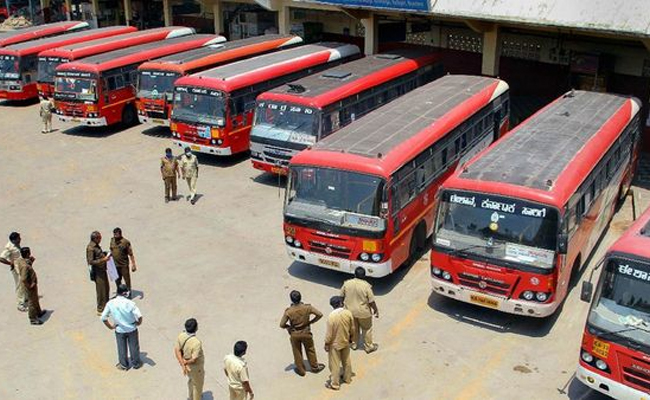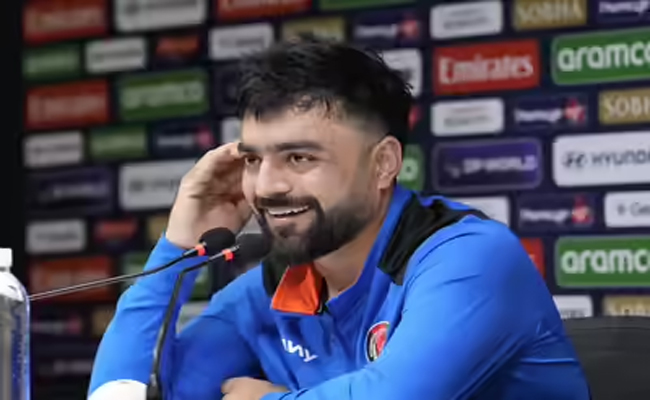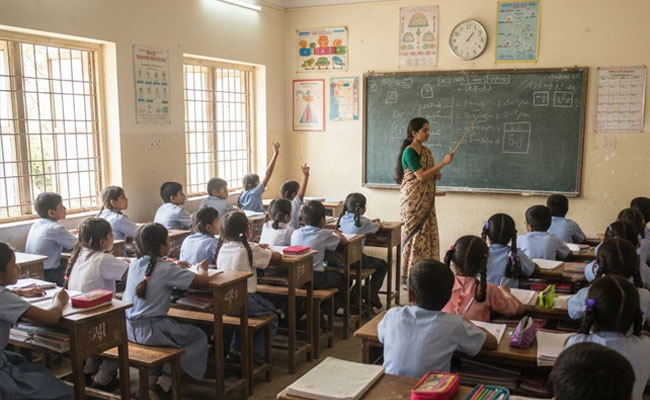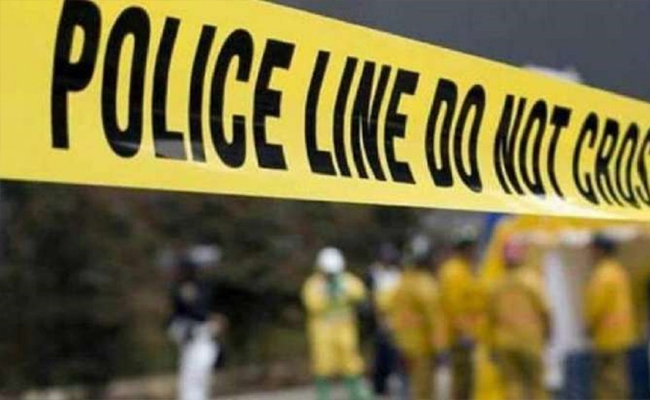Bengaluru: Protests broke out across Karnataka following the state cabinet's decision to increase bus fares by 15% for all state-owned transport corporations, effective from January 5, 2025. The hike aims to address financial strains on transport corporations due to rising fuel prices and operational costs.
The decision has sparked criticism, particularly from opposition parties, who argue that the fare increase places an unfair burden on men, while the state’s 'Shakti' scheme continues to provide free rides for women. Karnataka Law Minister HK Patil defended the hike, stating that it would generate approximately Rs 74.85 crore monthly and Rs 784 crore annually, helping offset deficits faced by the Karnataka State Road Transport Corporation (KSRTC) and other transport bodies.
Patil explained that the last fare revision was made a decade ago, and with significant increases in diesel prices and operational expenses, the hike was necessary. He assured that the 'Shakti' scheme would continue, with the state government releasing Rs 417 crore monthly to support it.
The fare increase has been met with sharp opposition from the BJP. Party leaders, including R. Ashoka, criticized the Congress government for its financial mismanagement, while BJP MLA Dheeraj Muniraju accused the government of "looting" the public by raising fares for men while providing free rides for women. A state-wide protest against the hike is scheduled for January 4, 2025.
Let the Truth be known. If you read VB and like VB, please be a VB Supporter and Help us deliver the Truth to one and all.
Chennai (PTI): Afghanistan skipper Rashid Khan called for more bilateral series against stronger cricketing nations after his team signed off from the T20 World Cup on a high, defeating Canada in their final group match here on Thursday.
Afghanistan played some exhilarating cricket, going down to South Africa in a gripping second Super Over after the scores were tied, a humdinger that provided one of the early thrills of the World Cup.
However, the spin-bowling stalwart said Afghanistan could make significant strides if they get regular opportunities to compete against stronger cricketing nations.
"Couple of areas to improve, with the batting, the middle order got a bit stuck against the big teams, and then with the bowling the death overs. That comes when you play the bigger teams in bilateral series," said Rashid after his team defeat Canada by 82 runs, with him returning excellent figures of 2 for 19.
The stalwart said the side had arrived well prepared for the tournament and produced some breathtaking cricket, but admitted the narrow defeat to South Africa proved costly and remained a painful setback.
"We were well-prepared (for the tournament), we played some unbelievable cricket. The game against South Africa, that really hurt everyone. We had to win one of those (first two) games and see how the tournament unfolded. We'll take some positive things from this World Cup and look forward," he said.
With head coach Jonathan Trott set to part ways with the team, Rashid described the departure as an "emotional" moment for the side.
"I think we had some wonderful times with him. Where we are now, he played a main role. It's emotional to see him leave us, but that's how life is. We wish him all the best and somewhere down the line we see him again."
Ibrahim Zadran, who was named Player of the Match for his unbeaten 95 off 56 balls, said it was satisfying to finally register a substantial score after two below-par outings.
"I enjoyed it, didn't play better cricket in first two innings, which I expect. Wanted to back my skills, really enjoyed it. Pressure was there, it's there all the time. I want to put myself in pressure situations and enjoy it," said Zadran.
"Wanted to play positive cricket, rotate strike and punish bad ball, create partnerships and this is what I have done."





